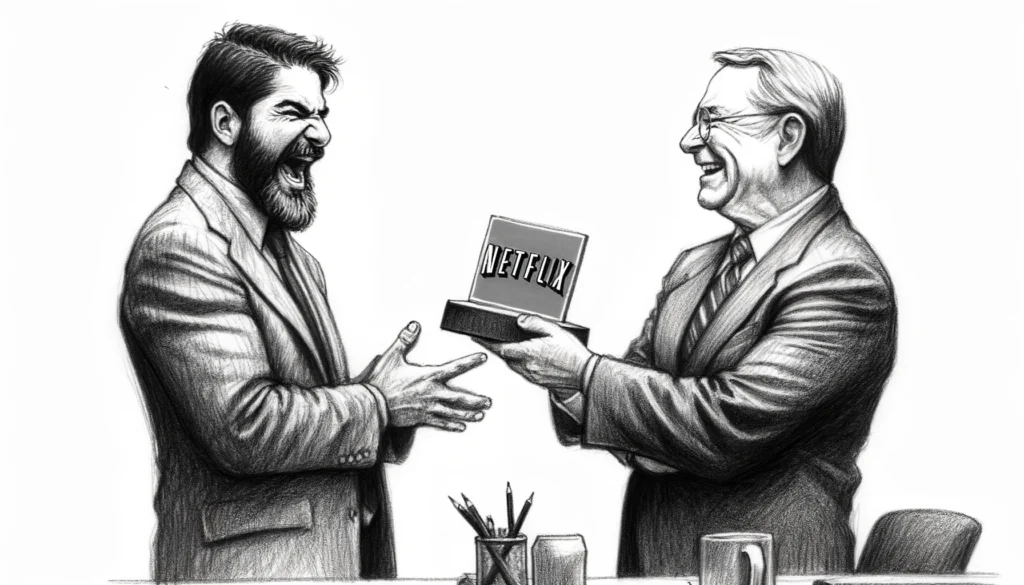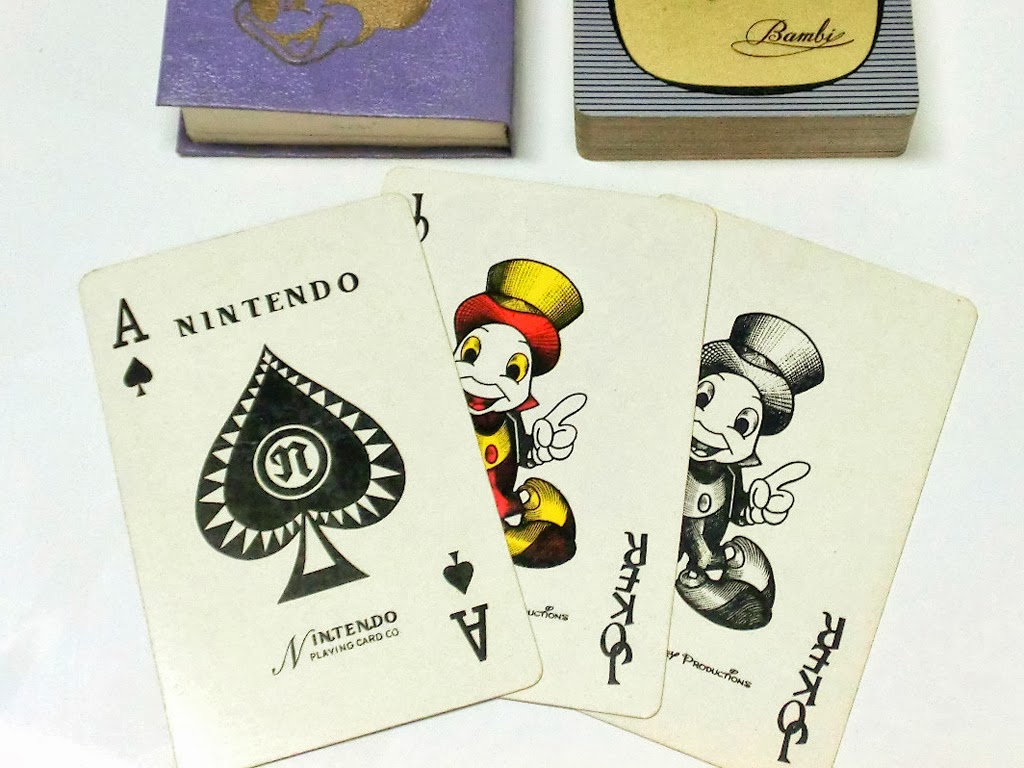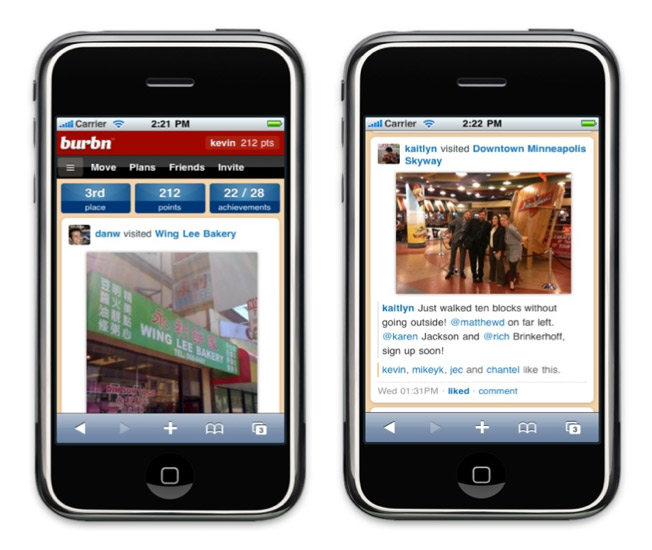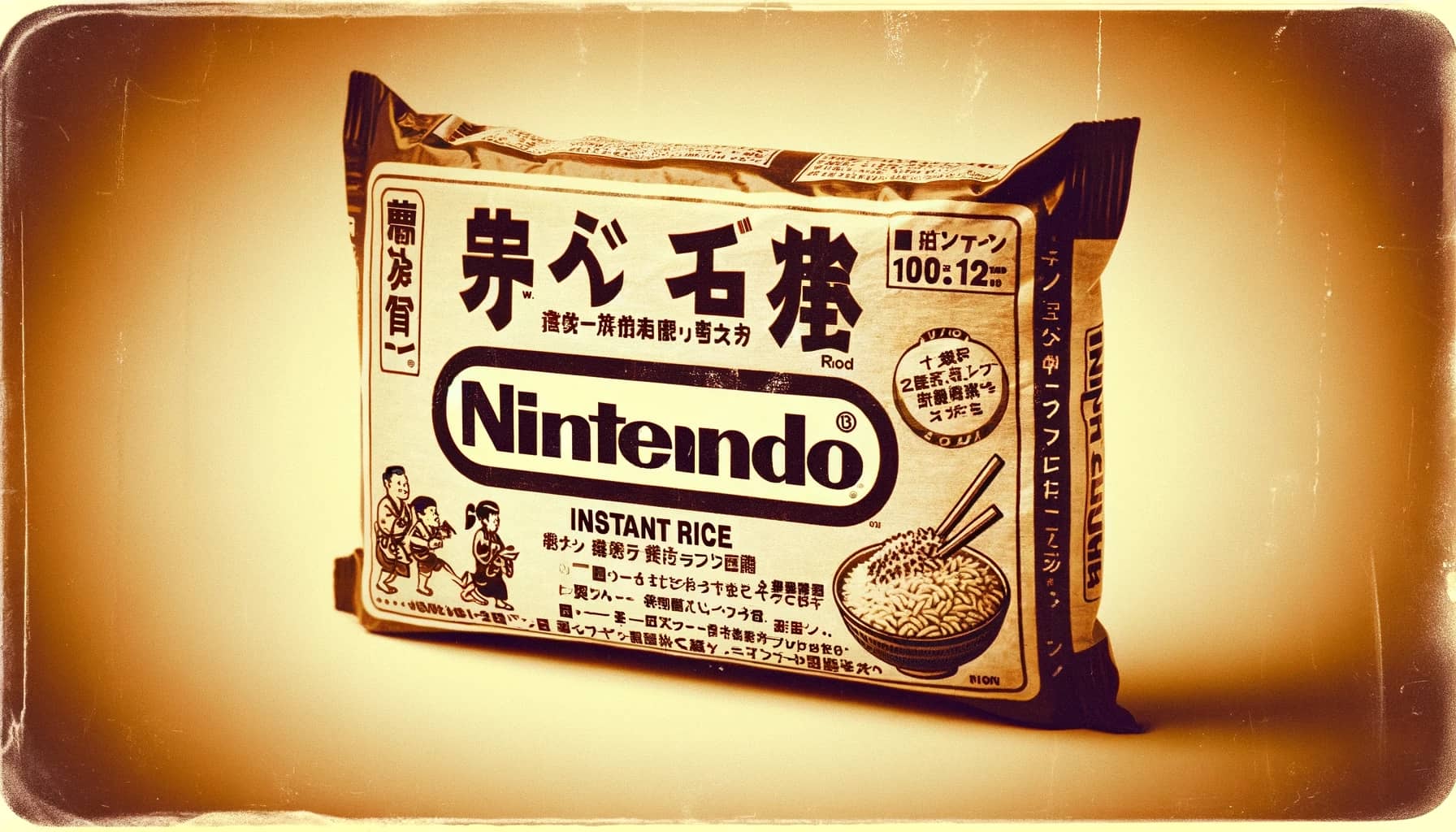From Kodak to Nokia, history is full of giants who ignored the importance of reinvention. In the small journey that we will undertake through this article, we will explore how the courage to renew and innovate can be the winning weapon against the "Titanic syndrome" that threatens modern companies.
First of all, let's clarify: what does "Titanic syndrome" mean?
It is the tendency of companies to ignore signs of change and danger, acting as if they are invincible or too big to fail.
Of course, in the age where technology advances by leaps and bounds, companies often find themselves chasing innovation as the only means to stay relevant. The real difficulty, however, is not that (for a few) of innovating, but it is that (for many) of renewing, of reinventing themselves.
Lessons from the past: the example of Kodak and Nokia
The story of giants like Kodak e Nokia teaches us a fundamental lesson: arrogance and excessive confidence in past successes can lead to ruin. These companies, once at the top of the world, have seen their empire collapse due to their failure to adapt to market changes.
And we want to talk about Blockbuster, the American video rental chain (which ended up having 9.000 stores)? In 2000, the founder of Netflix met with the CEO of Blockbuster to propose a partnership: Netflix would manage the Blockbuster brand online and Blockbuster would promote Netflix in its stores. The founder of Netflix was mocked. You all know how it ended.

More tech flops? Many. You can find them almost everywhere online, and also here with us.
Just like the illustrious ship, many companies have faced their fate by ignoring warning signs and the need to renovate. Titanic syndrome, as he calls it Nadya Zhexembayeva of the Reinvention Academy, describes those companies that never leave their comfort zone, not seeking market information and not dedicating time to strategic reflection.
Four key words of a world that knows how to renew and reinvent:
Volatility, uncertainty, complexity, ambiguity: modern times are defined by these four elements. Businesses must navigate an ocean of uncertainty, where rapid change and disruption are commonplace. In this context, reinvention is not only advisable, but necessary for survival.
Once upon a time, companies enjoyed long lives, with cycles that spanned decades. Today, with the digital revolution and rapid geopolitical transformations, the life cycle of companies has drastically shortened, making reinvention an even more urgent imperative.
A striking example is Huawei, which, following the bans they excluded Google e Android from its systems, it found itself having to renew to quickly adapt to a new technological scenario. Similarly, the entire technology industry finds itself navigating an uncertain sea, with fluctuations in the microchip, semiconductor and rare earth markets leading to continuous ups and downs, both in terms of challenges and opportunities.
Examples (more or less known) of sensational reinventions

Here are three examples of companies that have thrived after reinventing themselves:
- Instagram: Originally launched as Burbn, a check-in app (did you know?), Instagram has changed its focus on sharing photos after receiving significant funding. This move proved successful, leading Instagram to have over a billion users.
- Samsung: Founded in 1938, it initially focused on selling foodstuffs such as dried fish and noodles. After the Korean War, Samsung expanded into textiles, then entered the electronics market in the late 60s. Today, Samsung is a giant in the smartphone industry and one of the most valuable brands in the world.
- Nintendo: Founded in 1889 as a manufacturer of playing cards, Nintendo later collaborated with Disney for the use of its characters on the cards. Over time he added new businesses, including a taxi company and an instant rice line. The real success came in the 80s with video games, launching iconic products such as Nintendo 64, Game Boy, Wii and Switch.

Renovate: a process accessible to all
Unlike innovation, which often requires specialized resources and talent, reinvention is a more democratic and accessible process. It's the art of adapt what already exists to new realities and challenges, a process that any company, large or small, can undertake.
A certain person suggested it Albert Einstein: Imagination is more important than knowledge. In the business context, this means looking beyond established boundaries, thinking outside the box and continually reinventing yourself to meet market changes and challenges.
Renew to thrive
Innovation remains a laudable goal: those who have the courage (triumphing, but often also succumbing) to break the mold will always deserve everyone's applause.
It is reinvention, however, that is the real key to longevity and business success. In a rapidly evolving world, companies must be ready to continuously innovate: not just to survive, but to thrive.


